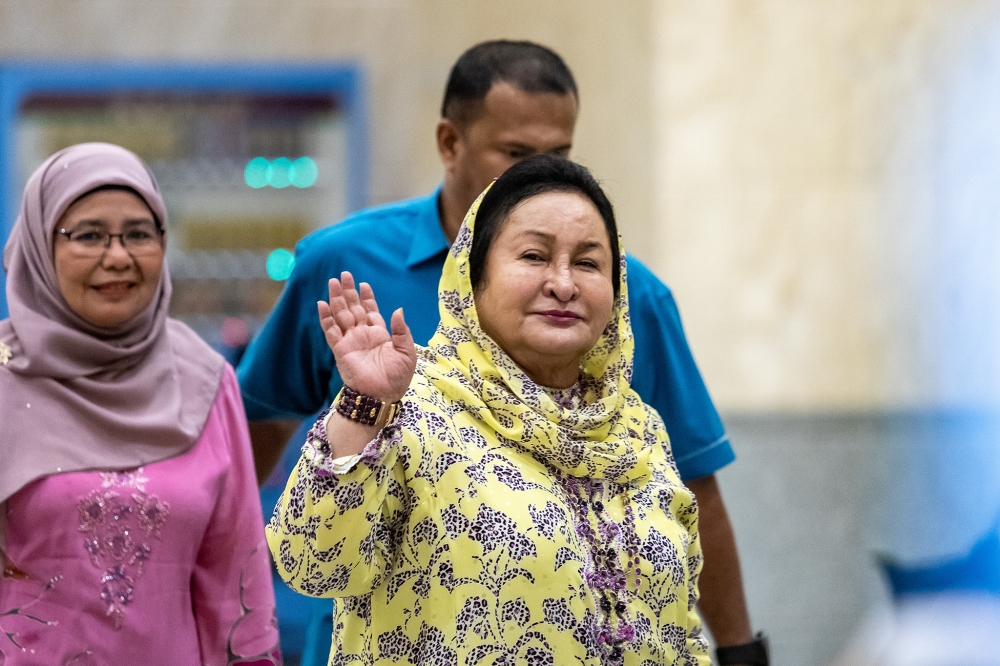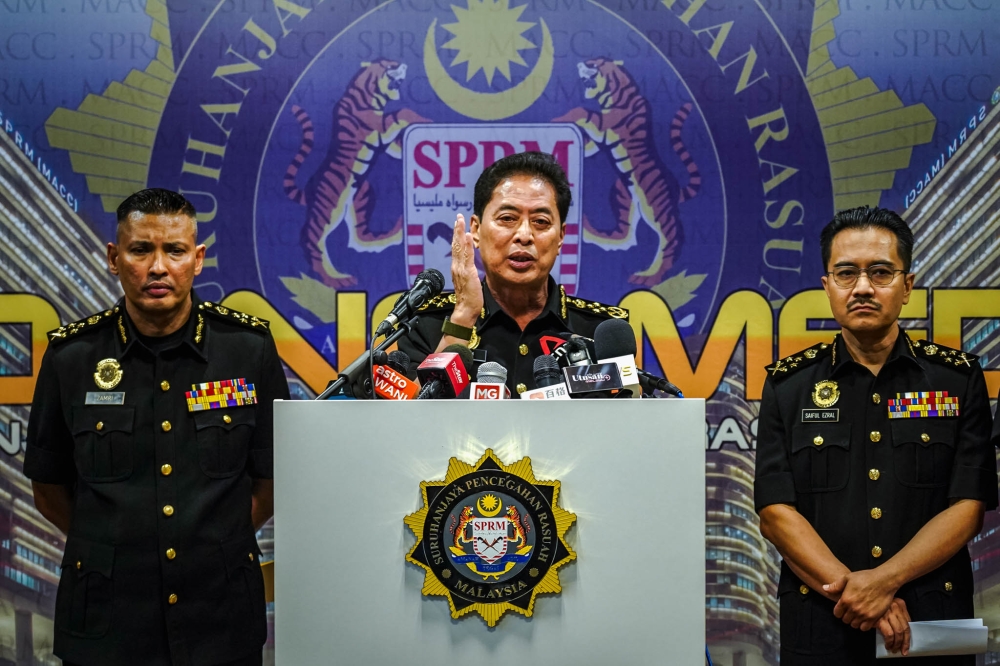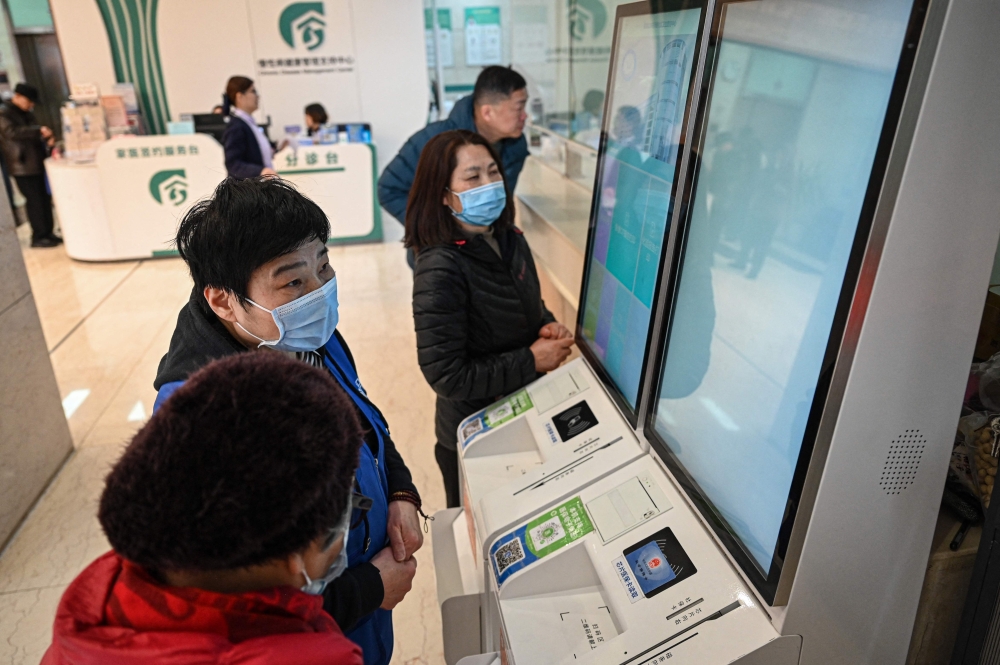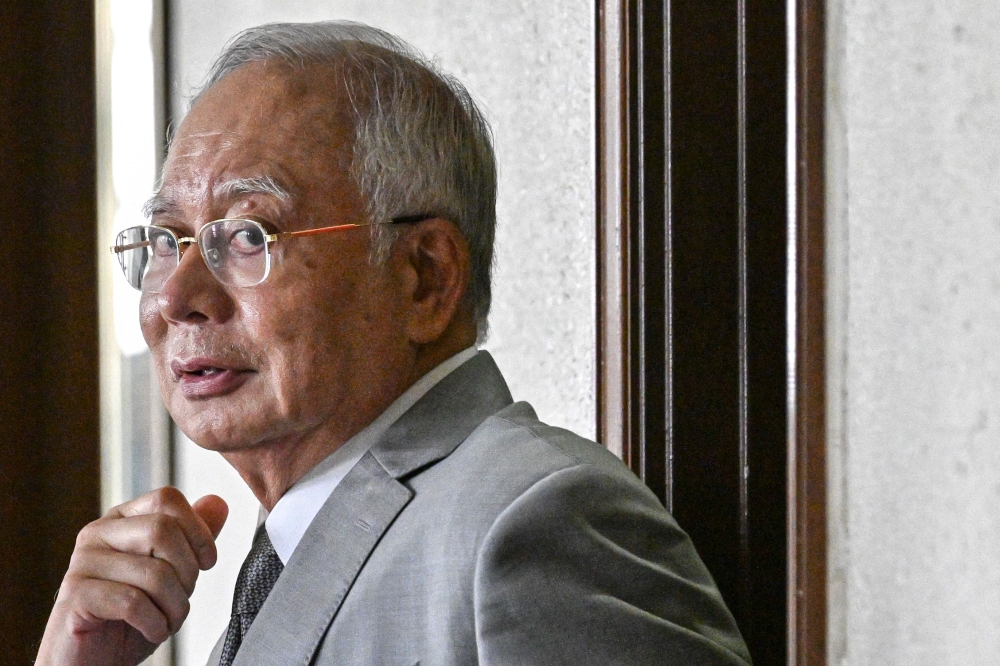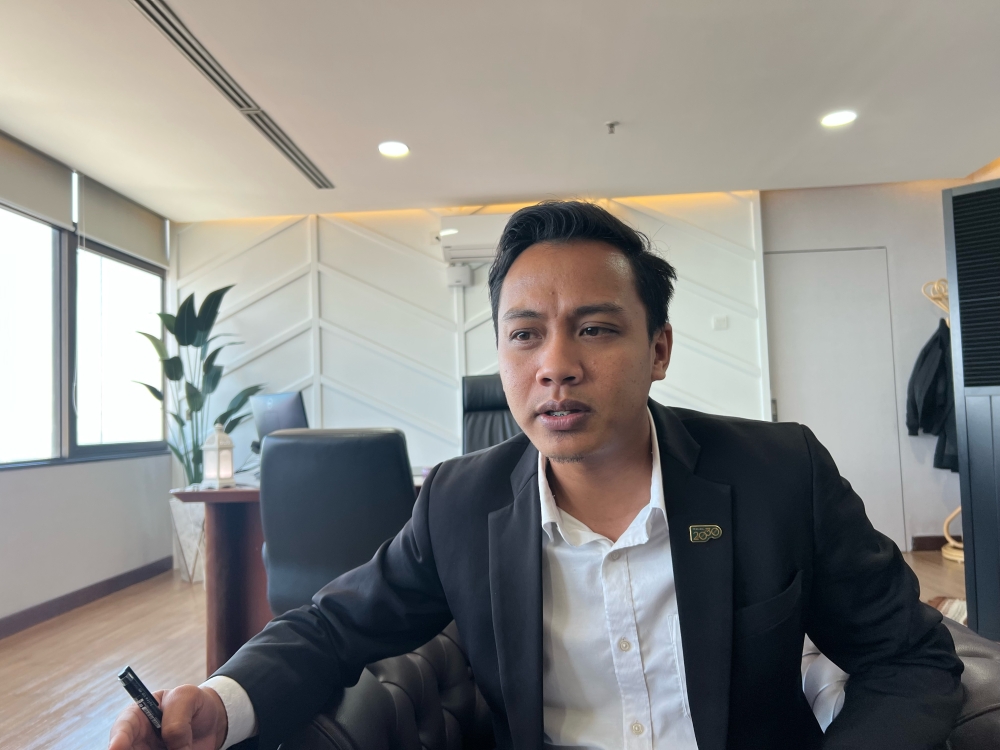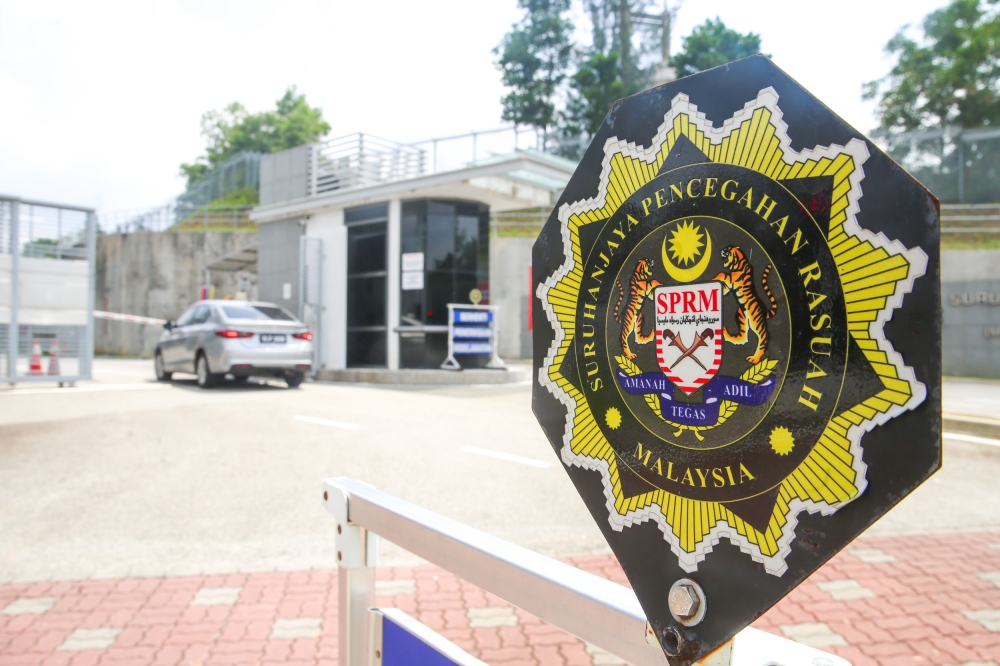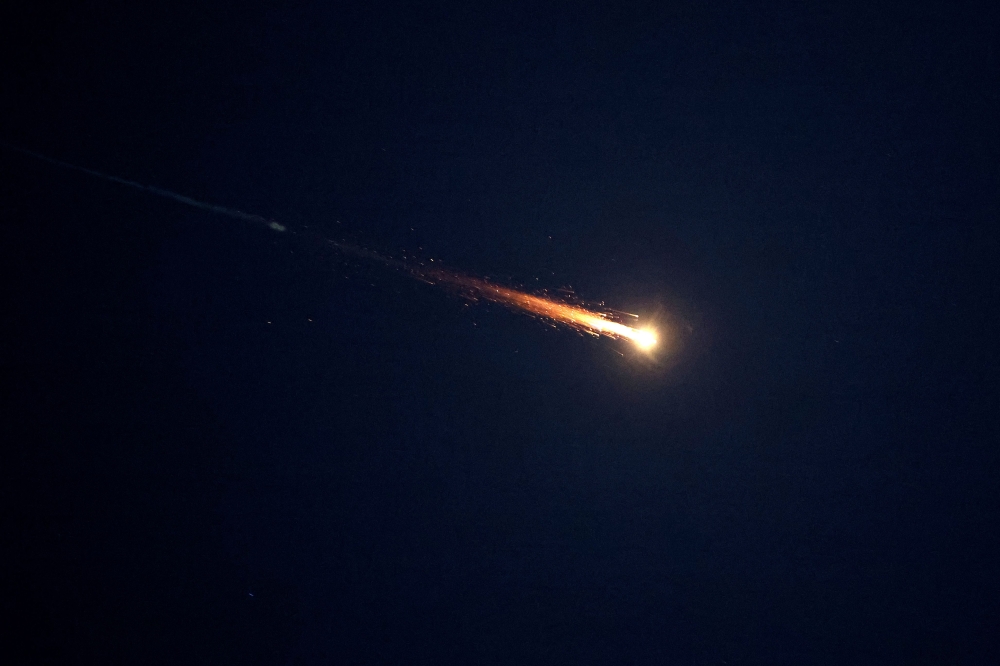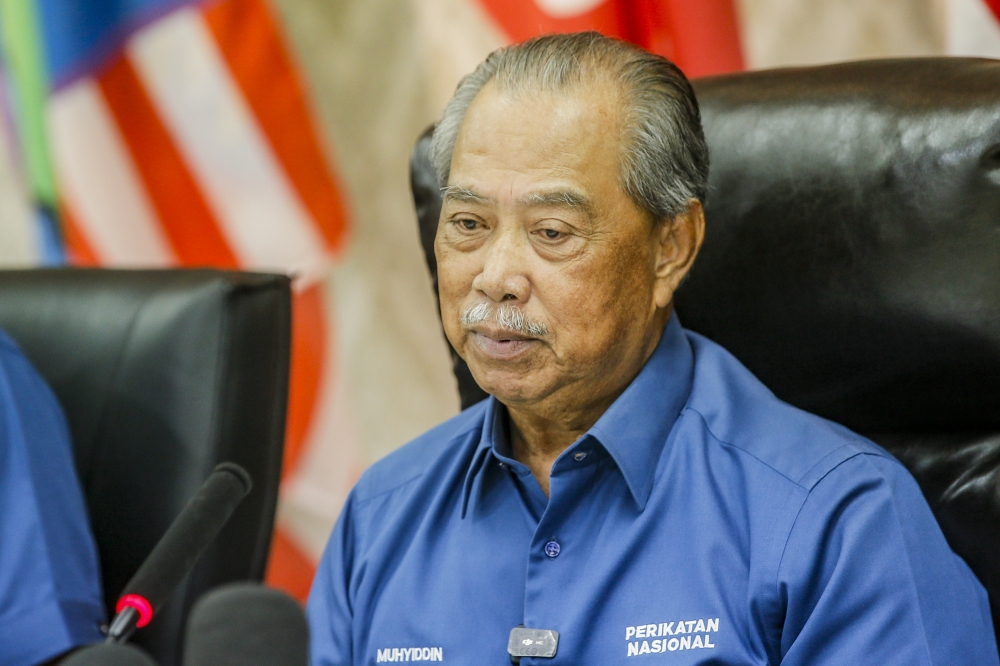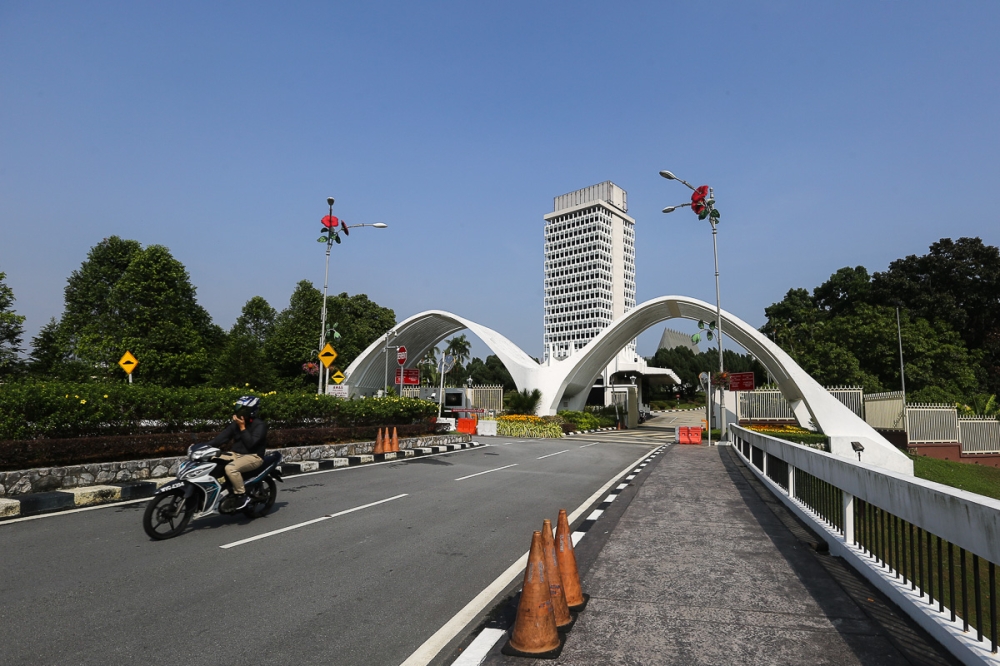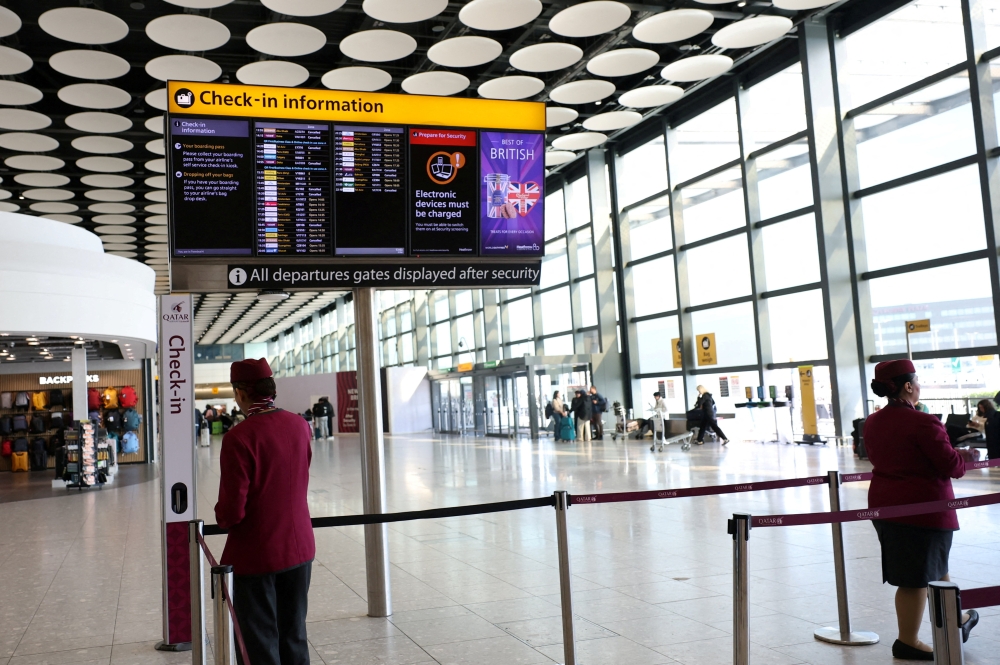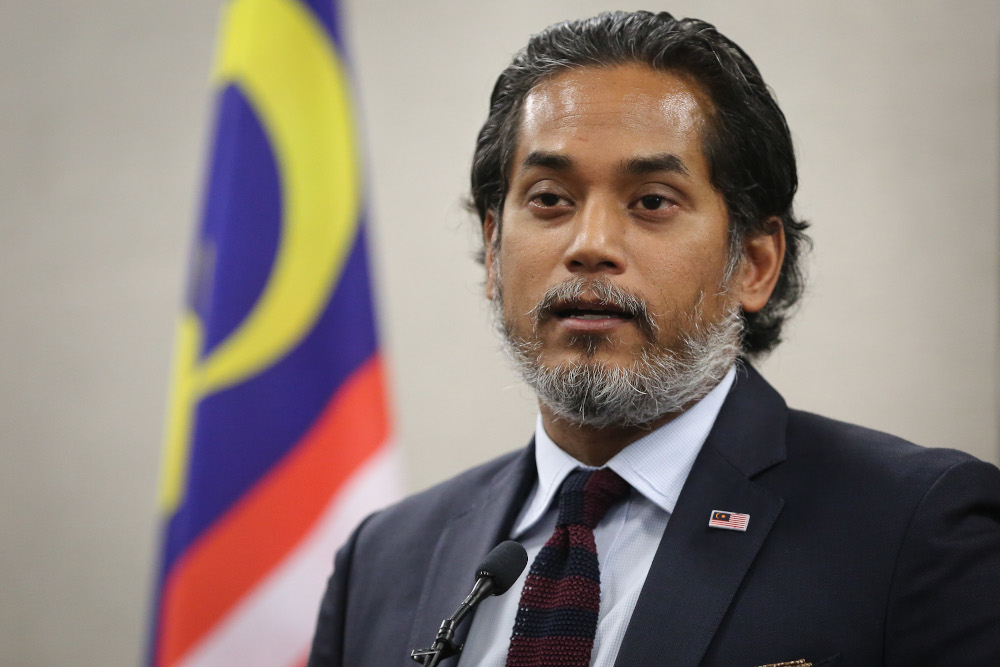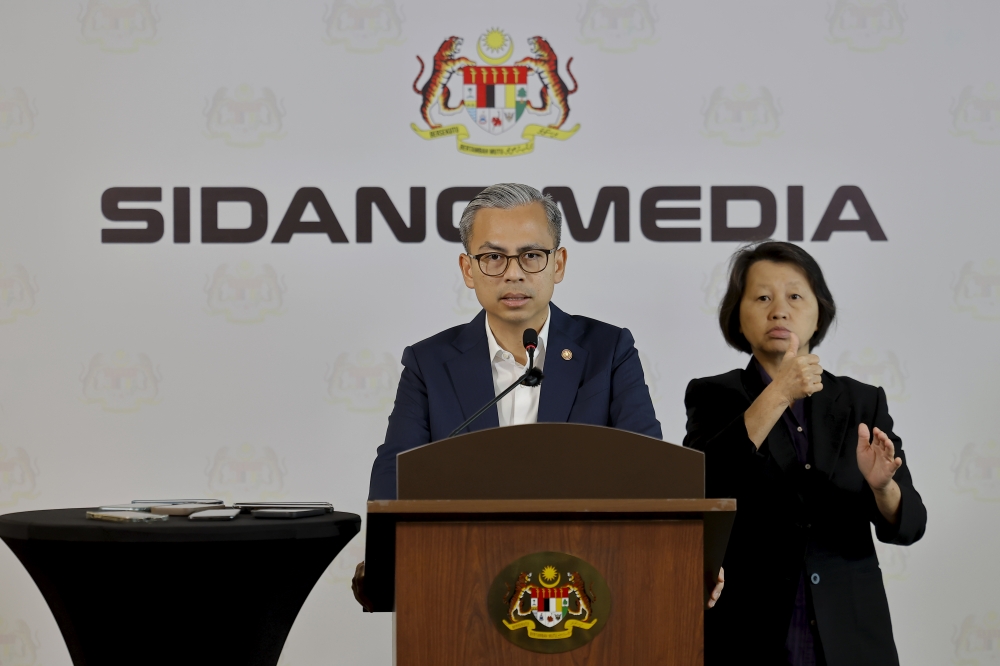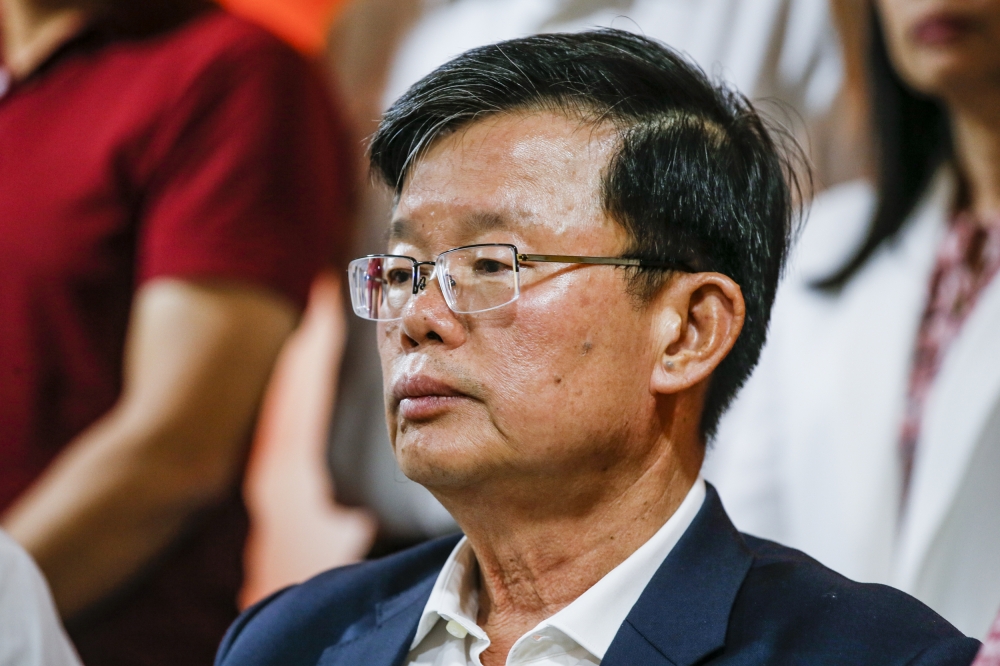KUALA LUMPUR, Aug 4 — The Perikatan Nasional government may review the directive to halt all research and development plans related to waste produced by Lynas Corporation’s rare earth mining, Minister of Science, Technology and Innovation Khairy Jamaluddin told Parliament today.
The planned review followed the discovery of Condisoil, a type of soil fertiliser developed from water leach purification (WLP) and magnesium rich synthetic gypsum (MRSG).
Local researchers found soil mixed with Condisoil helps to increase yield exponentially, the Rembau MP said, citing a study from the Malaysian Agricultural Research Development Institute and Universiti Pertanian Malaysia (UPM).
“In my opinion we have agreed that the condition (for them) is to build the PDF (permanent disposal facility) but in the meantime we wait to build it… maybe we can continue with the R&D if research found that there is no harmful or radioactive effect,” Khairy said in response to a query by the Kuala Krai MP.
“So I intend to relook and suggest that Lynas continue with the R&D but subject to Cabinet approval.”
The previous Pakatan Harapan government directed all R&D related to WLP to stop pending the construction of a permanent disposal facility amid continued debate over the environmental harm rare earth mining posed to the environment.
The PDF was part of requirements set by the government to allow Lynas Corp to continue operating here.
Lynas (Malaysia) Sdn Bhd claimed in a statement issued February last year that it had succeeded in finding commercial applications for its residue with the discovery of “Condisoil”.
Among crops tested with Condisoil were palm oil and corn.
All crops harvested with the fertiliser saw yields increase by 80 to 100 per cent, according to the minister.
“This proves that Condisoil can be used to treat and fertilise soil for agricultural purposes,” Khairy told Parliament.

